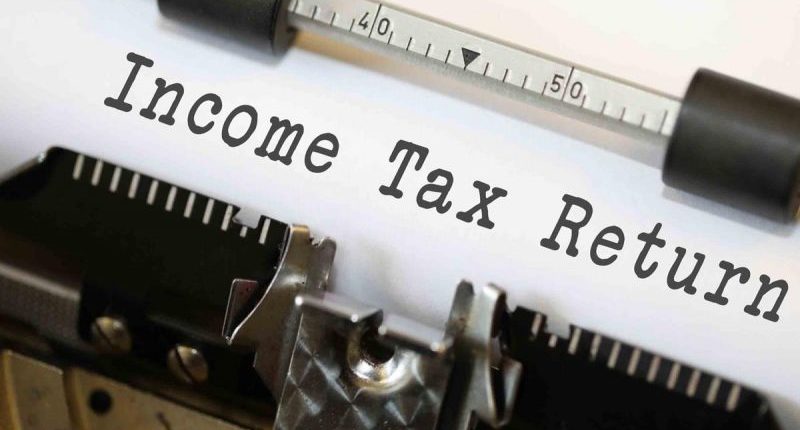The last date to file and revise the Income Tax Return (ITR) is around the corner. Taxpayers need to ensure all revisions and filing for the financial year 2017-18 is done by the end of this month – 31st March 2019. This is the last chance for the taxpayers to rectify any errors or omissions that they may have made during filing their ITR originally.
Even after being extremely mindful there may be instances where taxpayers may have missed some important information in the ITR. The disclosure of this information could be vital or there can be a case of omission or wrong statement in the original return filed earlier.
Section 139 (5) of the Income Tax Act provides for a taxpayer to rectify any discrepancy and file a revised return before the expiry of one year from the end of the relevant assessment year.
From FY 2017-18 onwards, the period to file the revised return was reduced from ‘expiry of one year from the end of the relevant assessment year’ to ‘the end of relevant assessment year’. Therefore, the last date to file revised ITR for FY 2017-18 and FY 2016-17, is March 31, 2019.
Here are some of the instances where revision of the return is must:
- Incorrect reporting of any income or deduction
- Omission or misstatement of facts or figures
- Filing wrong ITR form
- Non-disclosure of assets and liabilities, in case the income is over Rs 50 lakh
- Non-disclosure of foreign assets or income in the original return
The taxpayers can revise their filed original return, in case of the mistakes mentioned above, for the FY 2017-18 by March 31, 2019.
Here’s how the taxpayers can revise the ITR:
A revised ITR is nothing but a substitute for the original return. The taxpayer has to revise his return using the same income tax return form unless he had chosen a wrong form for filing the original return. Also, the process of filing the return and its verification remains the same.
Only the taxpayer has to enter the correct details and select the return type as “Original” or “Revised” ITR. The taxpayer will be required to enter details, like the original ITR filing date or 15 digits acknowledgement number of the original ITR, while filing the revised ITR.
Remember, an income tax return can be filed as many times before the stipulated timeline and once the return is revised, the original stands withdrawn.
Consequences of non-filing of ITR by March 31:
If the belated or revised returns are not filed by March 31, the income tax department may levy a penalty of 50% of the tax payable on the under-reported income. Also, the department might prosecute the taxpayer for not filing the ITR intentionally, provided the tax payable (net of TDS and advance tax) exceed Rs 3,000.
Moreover, in case the mistake in the return filed for FY 2017-18, i.e. the belated return has been discovered after the deadline of March 31 then the taxpayer will not be able to revise the ITR in respect of that mistake.
I am an aspiring Chartered Accountant. I spend most of my free time dredging through the various Indian finance subreddits. I am a semi-professional bowler with a high strike rate every time there is a new tax reform!





